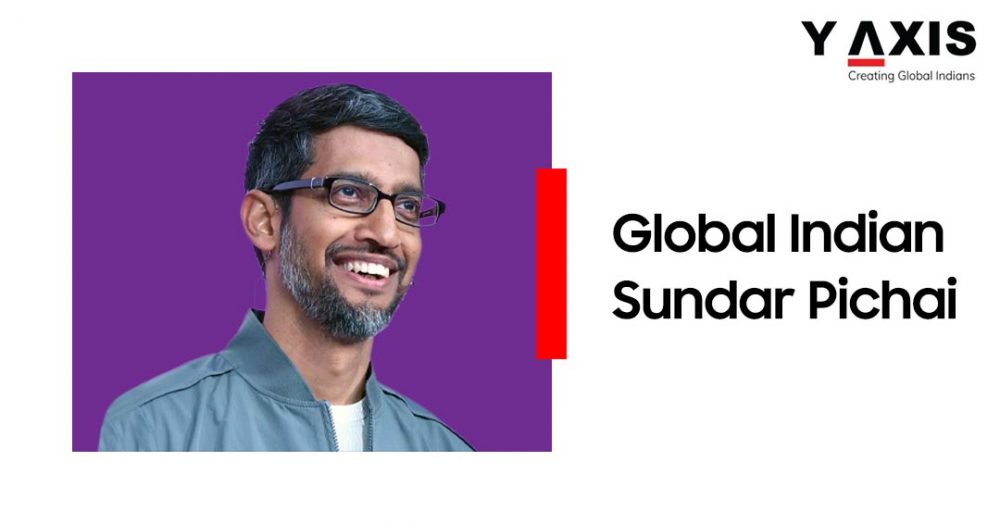
Sundar Pichai was born in 1972 at Madurai, Tamil Nadu, India. His mother Lakshmi was a stenographer and his father, Regunatha Pichai was an electrical engineer who was working at GEC, a well-known British company.
Education
Pichai completed his schooling from Vana Vani school in the Indian Institute of Technology Madras campus. He completed his degree in metallurgical engineering from the Indian Institute of Technology Kharagpur. He then did his M.S. from Stanford University in materials science and engineering. He also has an MBA from the Wharton School of the University of Pennsylvania where he was named a Siebel Scholar and a Palmer Scholar, respectively.
Profession
At his first job, Pichai worked in engineering and product management at Applied Materials and in management consulting at McKinsey & Company. Pichai joined Google in 2004 as the head of product management and development. He started working on Google Toolbar which enabled the use of Internet Explorer and Mozilla Firefox web browsers and created the easily accessible Google search engine.
Sundar played an important role in the launch of Google Chrome, in 2008. Eventually, Chrome became the number one browser in the world over other browsers such as Firefox and Internet Explorer.
In 2013, Pichai started supervising the Android product of Google. He was selected to become the CEO of Google in August 2015. Larry Page and Sergey Brin, the founders of Google, announced the creation of Alphabet Inc., in August 2015, and Pichai was named CEO of Google, which was made a subsidiary. In December 2019 Pichai also became the CEO of Alphabet, replacing Page.
Achievements
Pichai is the highest paid executive of Google. He is the third and first non-white to be appointed as CEO of Google.
Contribution to India and the world
Pichai recently announced the Google for India Digitization Fund. Through this fund, Google will approximately invest $10 billion, into India over the next 5-7 years. The digitization fund will be used as funds for development in the following areas:
- To enable access and information for every Indian in their own languages such as Hindi, Tamil, Punjabi or any other language
- To help in the building new products and services that will help meet India’s unique needs
- To assist businesses in their journey of digital transformation
- To help in the use of AI and technology in areas like health, education, and agriculture



Global Indian-Sundar Pichai
Posted on August 12, 2020